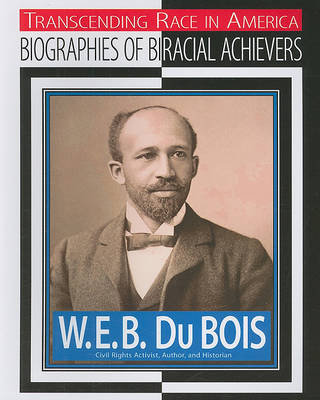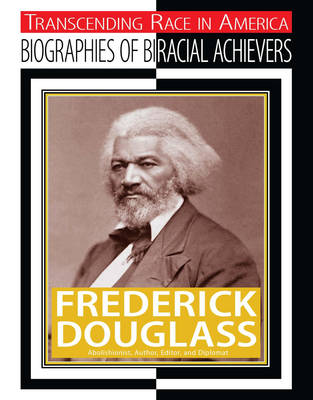Transcending Race in America: Biographie
2 total works
W..E.B. Du Bois's mother came from a long line of free blacks living in the North. His great-grandfather was a white plantation owner whose ancestors came from France. Long before the start of the Civil Rights movement, W.E.B. Du Bois worked tirelessly for black people in this country. He was a brilliant student and became the first black man to receive a Ph.D. degree from Harvard University, and later taught at several black colleges. He realized that teaching wasn't enough. For decades, he wrote, gave speeches, formed organizations, and worked hard toward the cause of social justice. W.E.B. became controversial in the last years of his life. He took political positions that many Americans--both black and white--didn't approve of. But he wouldn't back down or change what he believed in. He felt so strongly about his beliefs that in his old age he moved to the African nation of Ghana, whose people loved and admired him.
Frederick Douglass never knew the identity of his father, though he was probably a white slave owner. His mother was a slave. Frederick was taken from her soon after his birth. He only saw her a few times before she died. It seemed likely that Frederick would live out his life as a slave. But from an early age, he was determined to become a free man. He escaped to the North when he was about 20. A few years later, he discovered that he was an outstanding public speaker. For the rest of his life, Frederick would courageously speak out about the issues that affected his fellow blacks. Sometimes his actions placed him in great danger. During his lifetime no other African American did as much for blacks as Frederick Douglass. Even today his memory continues to inspire many people to work for civil rights and racial justice.

